Norwegian screenwriter and filmmaker Tommy Wirkola, known for his affinity to blend horror with comedy in both Dead Snow films and Hansel & Gretel: Witch Hunters, is back with yet another dark comedy. Starring Noomi Rapace and Aksel Hennie, The Trip is a genre-bending blend of black comedy and home invasion action thriller that brashly mixes the familiar tropes of irreverent humour, inappropriate jokes, grotesque head splatter, and overflowing bloodbath. It is a wild ride that indulges in a unique mix of entertaining and funny as well as cringeworthy and wincing moments of laughter, violence, and satire.
Originally titled I Onde Danger in the Norwegian language, it follows a dysfunctional couple Lars and Lisa who heads out of the city to a remote cabin in the long weekend to apparently reconnect, but with sinister and murderous intentions for each other. When the film commences, Lars is introduced as a failed filmmaker who is stalled out in cheesy soap operas. He repeatedly tells his crew as well as his cantankerous father that he and Lisa are going to the cabin where she is determined to take a dangerous hike. He is also shown buying a hammer, a hacksaw, duct tape and rope that gives away his nefarious plans for his spouse.
Related to The Trip (I Onde Danger) – THE MIXED REACTIONS TO LARS VON TRIER’S THE HOUSE THAT JACK BUILT
Lisa is also dissatisfied in her life as a struggling actress known for her role in an erectile dysfunction commercial. She indulges in having an affair with Diego when Lars neglects and forsakes her. She is also drafting a wicked plan involving an accident during a hunting expedition that will be detrimental to the life of Lars.
But the arrival of the jailbirds on loose, the absurd and savage trio Roy, Petter, and Dave who chose the isolated cabin to remain inconspicuous, interrupted the planned executions of Lars and Lisa. Caught in the crossfire, Lars and Lisa confront threatening circumstances and embarrassing and demeaning situations while dealing with the triad of the Nazi, the rapist and the murderer.
What follows between the adversaries is a series of comic and catastrophic complications and unforeseen turn of events that results in a bloody dismemberment of those who get in the way. Spanning almost two hours, The Trip goes on for too long, though it slowly heightens up the violence from a bickering couple squabbling over domestic disagreements to an aggressive hostage situation to finally a fairly nasty and bloody gorefest.
Also, Read – Blue My Mind [2018]: Fantasia Film Festival Review
Noomi Rapace as Lisa and Aksel Hennie as Lars create the resemblance of a couple involved in an unhealthy and toxic relationship and also showcases the perfect chemistry in their extraordinary comedic skills together and individually. The initial car ride gives us a glimpse of the disgust and hatred the couple has for each other as they derive pleasure from taunting and provoking each other, from a silly board game quarrel to their future prospects in their respective careers. Lars’ bittersweet characterisation of a betrayed and sulky husband is contrasted with Lisa’s caricature of Lars as a spoiled and self-centered person who struggles financially. The relatively short establishing scenes recognise the passive aggression between the protagonists which later turns into mutual bloodshed.
Noomi Rapace’s Lisa transforms into an action heroine when the situation demands as she unfailingly responds to the blows she receives from everyone with all her physical strength. The supporting cast offers a full blast of hilarious and ridiculous situations and nonsensical slapstick, though, at times, it plunges into the territory of being derogatory.
The film is structured in such a way that it has an unessential episodic quality where every new piece of information is divulged by going back in time to depict how those plot developments came to be. With every new character who appears out of nowhere, the film immediately backtracks and retract to a few days before to supply that character’s backstory up to the present. It is a clever way of narration but slows down the narrative’s propulsion to move forward more than necessary. It was also felt that the film could have gained a bit of pace and tempo at some scenes where sequences could have been condensed.
The Trip consistently follows the conventions of splatter cinema mixing it with elements of comedy in the graphic depiction of gore and violence. The spectacle of the physical destruction of the body adds to the bloodiness and it explicitly portrays the punches in the face, broken legs, shotgun shots, and the gore with a lawnmower. The bloodfest after the blows, the bruises, and the severed limbs are captured in colourful detail. Apart from the trio of prison escapees, the meddlesome neighbour and the deus ex machina were also found involved in the grand scheme of things as the film takes an increasingly farcical drift.
Similar to The Trip (I Onde Danger) – Knives and Skin [2019]: ‘Fantasia’ Review – A Curated mess you would like to watch
Wirkola’s influence of classical filmmakers like Haneke, Tarantino, and Coel brothers is evident in the film, but it is also comprehensible that other films have handled gleeful gore and psychological torture with a far more skilful touch. The Trip utilises the same premise of Michael Haneke’s classic home invasion horror Funny Games (2007), but instead of the psychological sadistic games, Wikola creates chaotic situations through dark humour and a splattery conclusion. The musical score of The Trip resembles that of the Tarantino style and Wirkola has used well-known Norwegian songs to enhance the momentum and immediacy to place the spectators in a crescendo.
The film is not without inconsistencies as it occasionally disturbs the tenuous balance of grotesque and gloomy, utilising tasteless and poor references and materials. The film is interspersed with politically incorrect jokes, poop references, puns and gory gags which pushes down the narrative in poor taste. The film also takes a nosedive when it delves into threats of sexual assault and rape as it feels too dark for black humour. The treatment of meta-filmic and meta-television satire within the narrative provided the quality of an advertisement furthering the sense of estrangement in the spectators.
In spite of being entertaining, the film offers nothing new that distinctly captures the notice of the audience. If one leaves aside the discrepancies and recoiling elements, it will be well-received by the viewers of Tommy Wirkola’s movies. But it is undeniable that The Trip, with its abundance of violence and bloodshed, is not a movie that suits everyone.

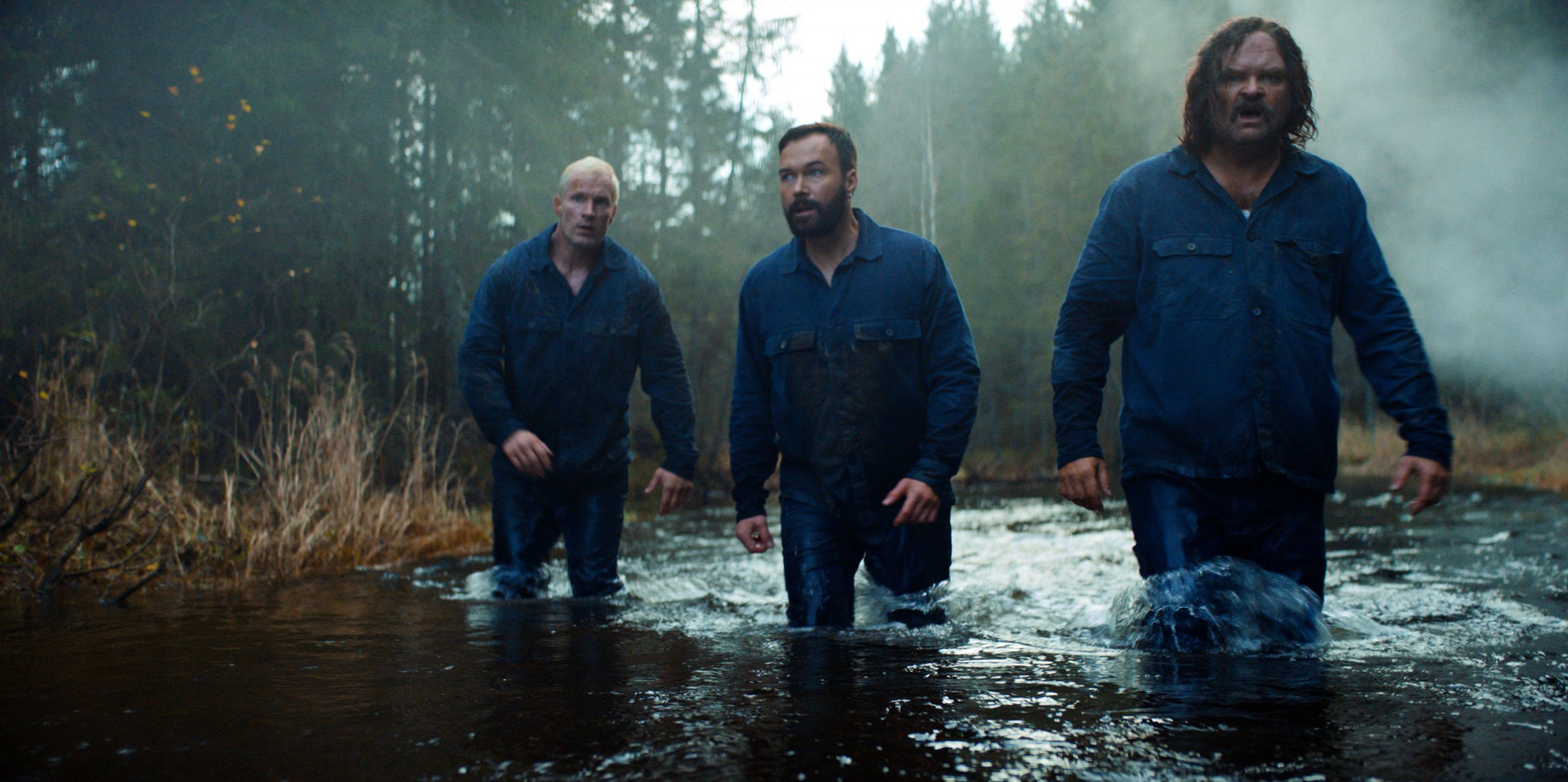
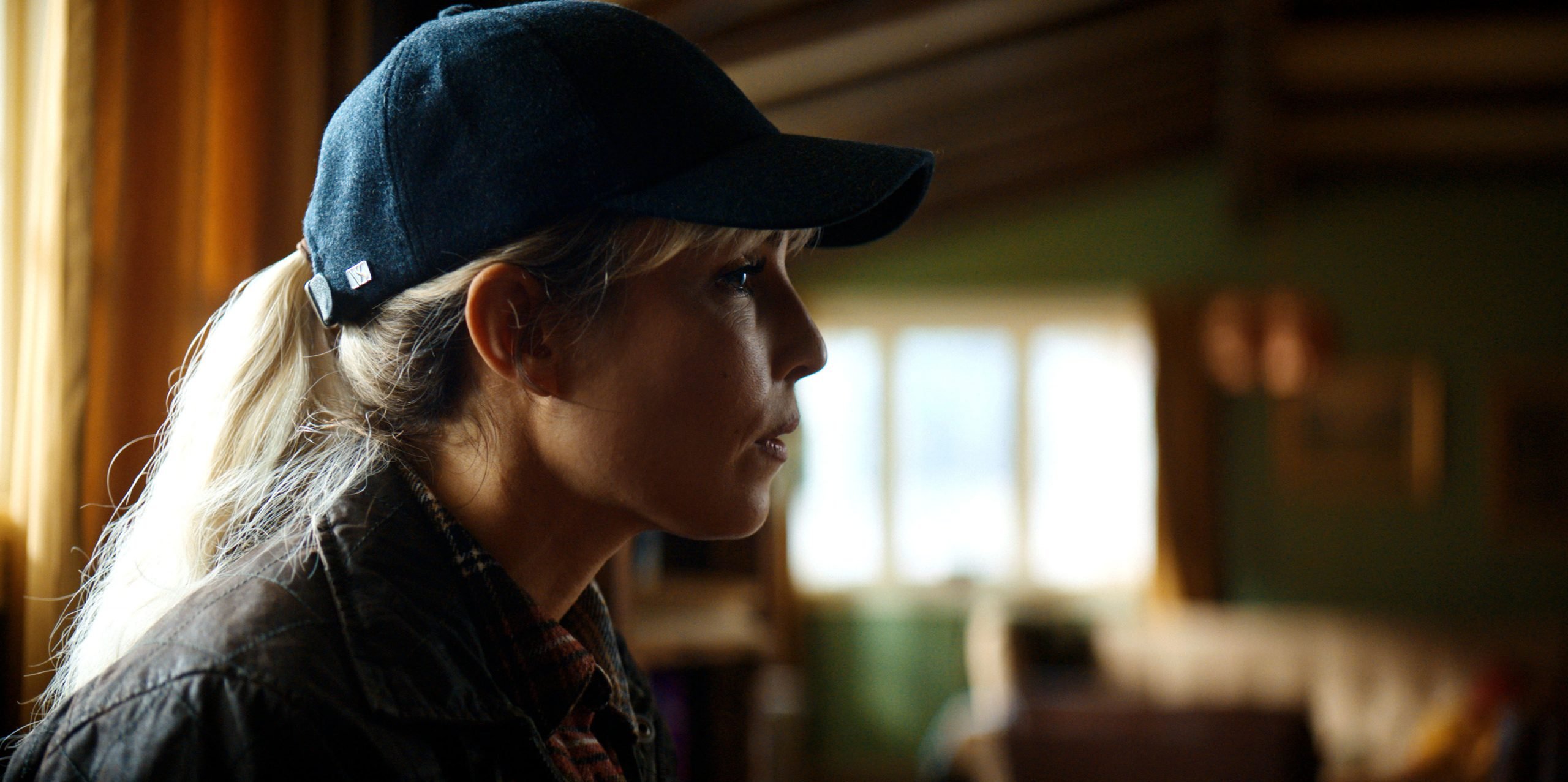
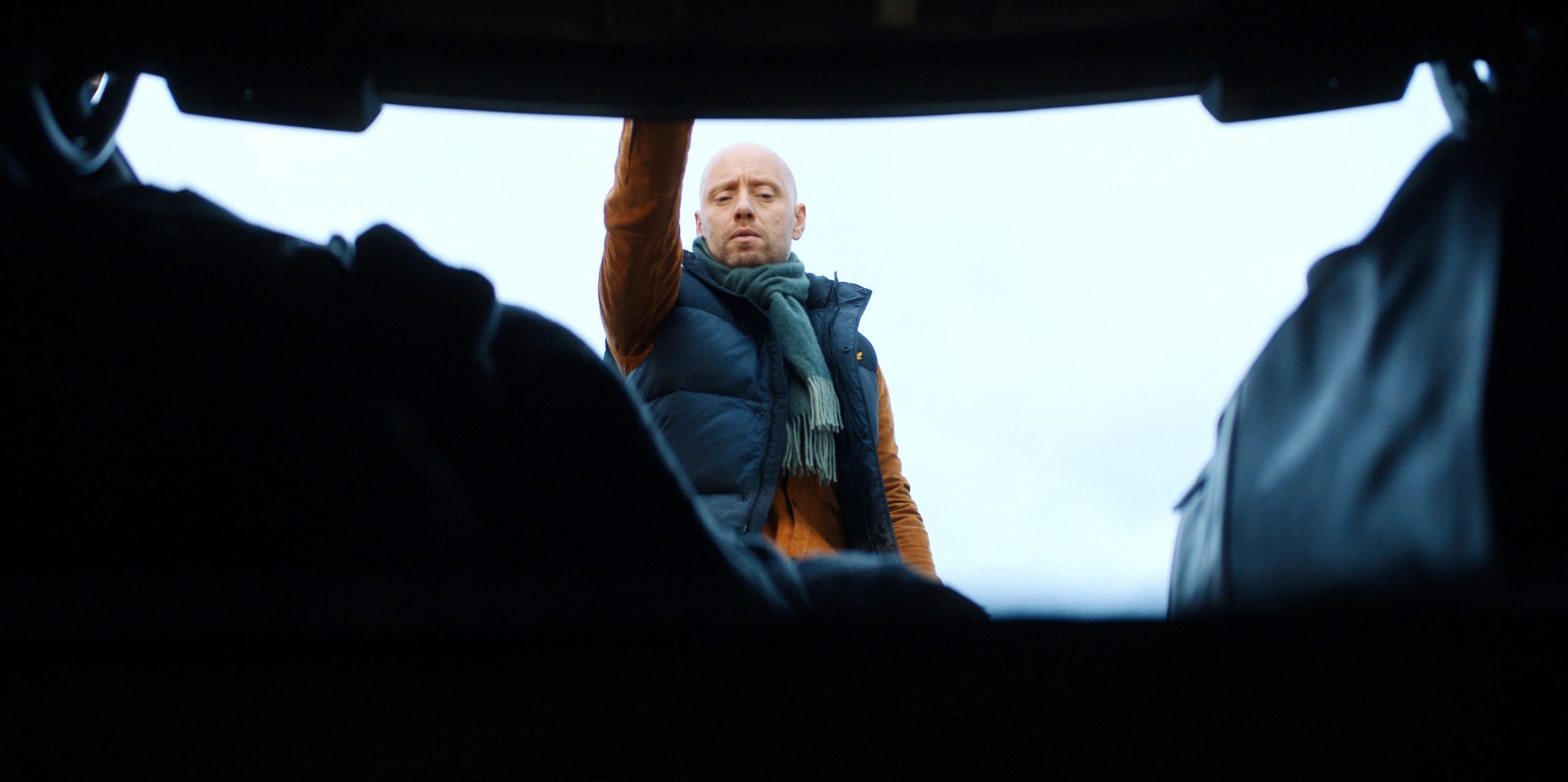


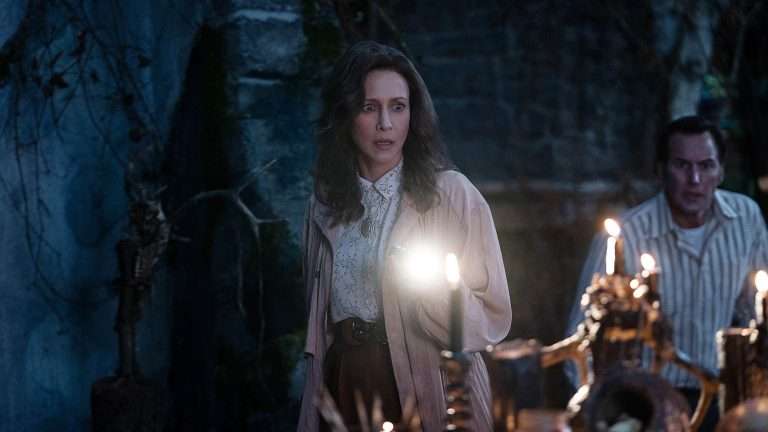
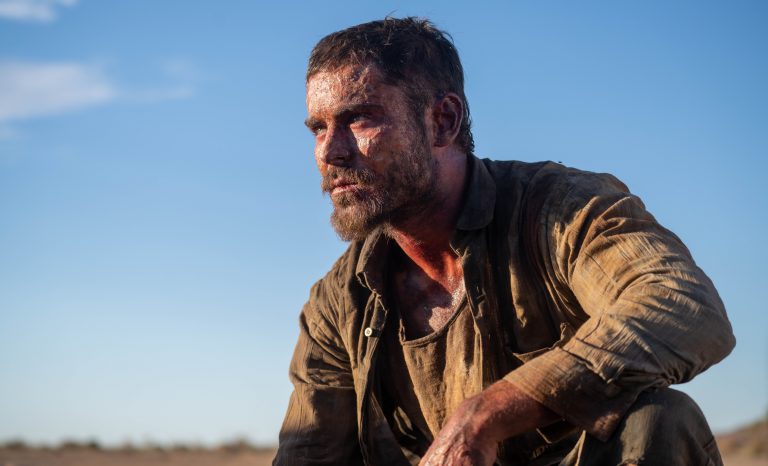
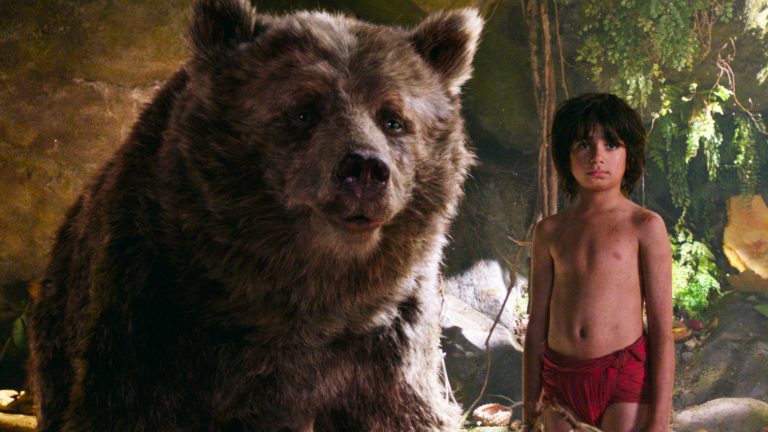
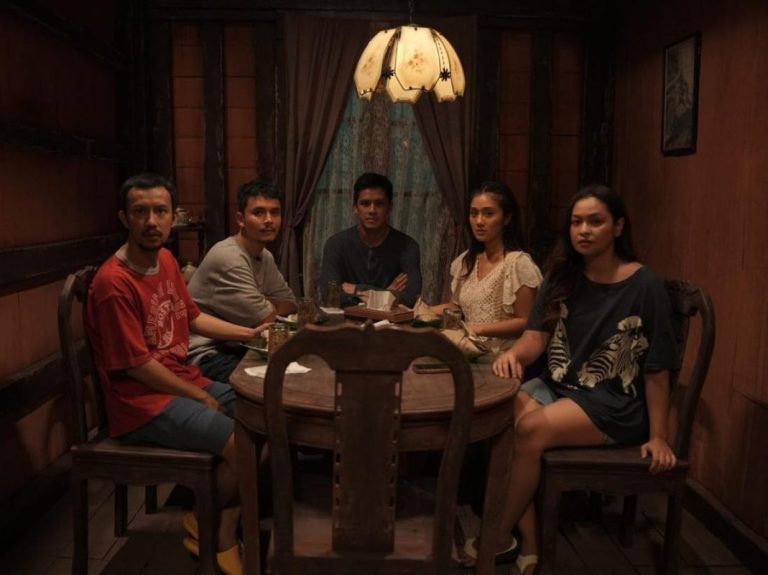
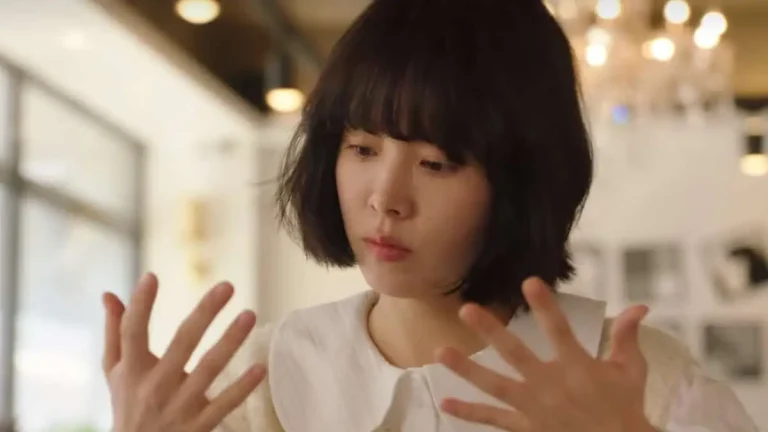
![See You Then [2021]: ‘SXSW’ Review – Oblique Queer drama stumbles to a finish](https://79468c92.delivery.rocketcdn.me/wp-content/uploads/2021/03/See-You-Then-1-highonfilms-768x512.jpg)